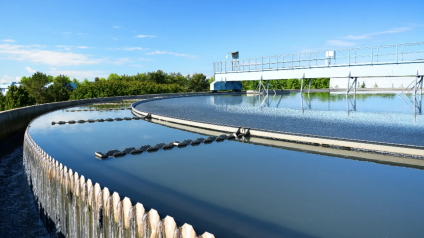The 52 proposals for amendments to the Charter of Fundamental Rights - written by the dictator Pinochet - were rejected en bloc by the Chilean Parliament by 5 votes. The new text would put a stop to the overwhelming power of the mining companies
(Sustainabilityenvironment.com) – “Traitors!” is the cry addressed by the Chilean environmentalists to the deputies at the end of the work of the Constituent Assembly. Especially to those politicians who come from activism and have been protagonists of important campaigns, such as that for the public water utility.
The Chilean Parliament yesterday evening rejected en bloc the proposed constitutional amendments prepared by the Environment Committee. The ambition was to bring the environment into being with world-leading articles. And put an end to the overwhelming power of the mining companies. The new Chile that turns a page and definitively closes the era of Pinochet – the current constitution is still the one written by the dictator – will not be really green.
Read also Water cycle: changing at double speed due to global warming
Chile has a huge water supply problem. While the drought is affecting the Andean country almost everywhere, much of the problem depends on the state’s favors for the mining sector. 90% of water, in fact, ends up in the mining industry, especially that of lithium and copper. Only 1 liter out of 10 goes to the population. Result? A lot of countries in Chile have to get water in a tanker. Paying it with gold weight. A situation made possible also by the Chilean constitution, the only one in the world to specify that the right to water must be treated as private property. Effectively eliminating the concept of public water.
And this was one of the main points around which the proposed changes to bring the environment into being revolved. The right to water, together with mining rights and environmental rights, is at the heart of the amendment rejected by the House yesterday. There were 52 articles in all. They had to be voted on one by one. But the parliament decided to vote flat on the whole package and the necessary super-majority was not reached (103 votes out of 154). Only 98 yes came in favor. All blocked, so: the text back to the committee for new changes.
So far the classroom has given the green light only to a proposal for a change “harmless” among the many that concern the environment and climate. This is a paragraph to be added to Article 1 of the “Magna Charter” and concerns the climate and ecological crisis: “The State will promote dialogue, cooperation and international solidarity to adapt, mitigate and address the climate and ecological crisis and protect Nature”. An important principle, but very general.













